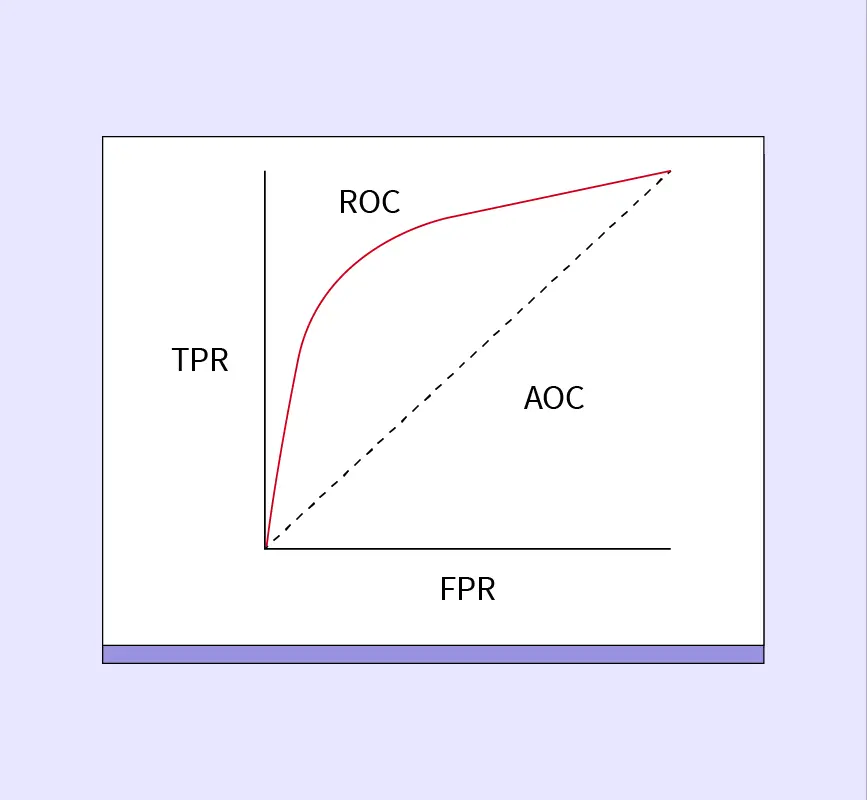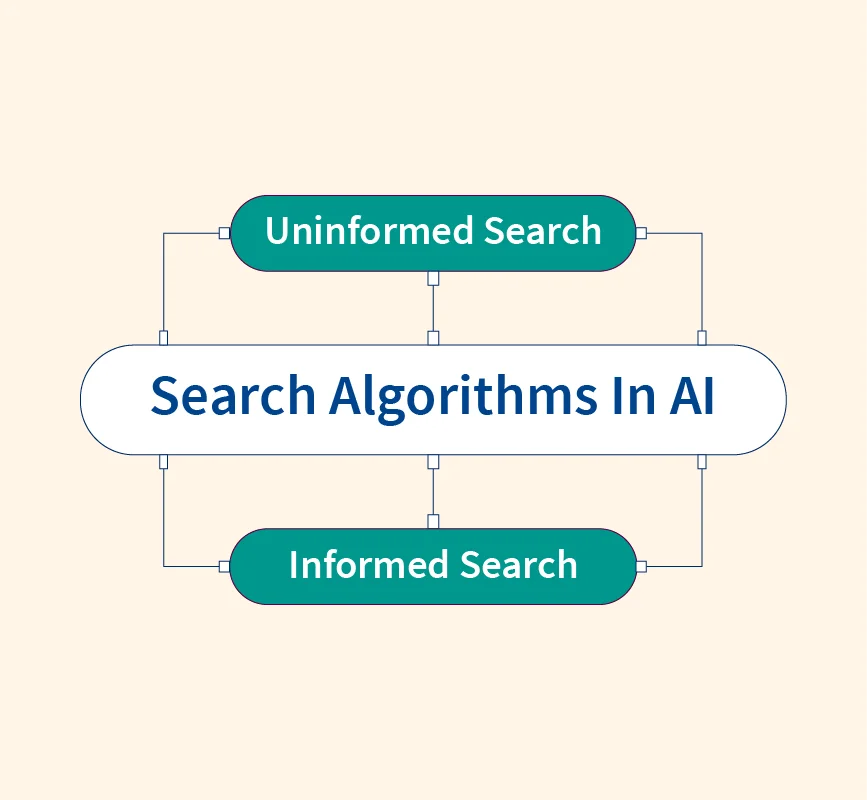Becoming a data scientist is a rewarding career path, and starting early, right after 12th grade, can give you a significant head start. In today’s data-driven world, data scientists play a crucial role in analyzing complex data to derive meaningful insights for businesses. By focusing on the right subjects in school, learning essential programming languages, and gaining practical experience, you can build a strong foundation for a successful career in data science. This guide outlines the essential steps to help you embark on this journey, from choosing the right educational path to developing key skills and building a strong portfolio.
1. Complete Your 12th Standard with a Strong Background in Math and Science
To become a data scientist, it’s important to excel in mathematics, statistics, and computer science during your 12th grade. These subjects lay the foundation for data analysis, programming, and machine learning, which are key components of a data scientist’s role. Focus on mastering concepts like algebra, probability, and calculus as they will be highly relevant in your future studies. Additionally, learning the basics of programming languages like Python early on will give you an edge. A strong academic background in these areas will help you build the analytical and problem-solving skills necessary for a career in data science.
2. Pursue a Bachelor’s Degree in a Relevant Field
After completing 12th grade, enrolling in a bachelor’s degree program related to data science is the next step. Degrees in Computer Science, Data Science, Mathematics, Statistics, or Engineering are ideal choices. Many universities and institutes now offer specialized programs in data science or artificial intelligence. Some of the top institutes offering such courses include the Indian Institutes of Technology (IITs), National Institutes of Technology (NITs), and international universities like MIT and Stanford.
When choosing a program, make sure to select electives that cover key areas such as data mining, machine learning, and database management. These courses will help you develop the skills necessary to analyze large datasets, understand data patterns, and use machine learning algorithms to solve real-world problems.
3. Learn Programming and Data Analysis
Proficiency in programming languages is crucial for data scientists. Start by learning Python, which is widely used for data analysis, along with R and SQL for database management and statistical computing. These languages are essential for analyzing and visualizing data. Additionally, tools like Pandas, NumPy, and Excel are commonly used for data manipulation and exploration.
There are numerous online platforms, including Coursera, edX, and Udemy, where you can find courses tailored to data science beginners. These platforms offer courses that cover everything from programming basics to advanced data analysis techniques.
4. Gain Knowledge in Machine Learning and Statistics
As a data scientist, having a solid understanding of machine learning and statistics is essential. You’ll need to learn about key concepts like regression, classification, and clustering algorithms. Additionally, a strong grasp of statistical concepts like probability distributions, hypothesis testing, and statistical significance will help you interpret data more effectively.
To acquire these skills, explore both free and paid resources on platforms like Kaggle, Coursera, and edX, which offer courses on machine learning and statistics. These courses will teach you how to build predictive models, analyze data, and solve complex problems using machine learning techniques.
5. Build a Portfolio and Work on Projects
Building a strong portfolio is one of the best ways to showcase your skills to potential employers. Start by working on small projects that involve real-world data analysis. You can use platforms like GitHub and Kaggle to share your projects and explore other data science projects.
Some beginner-level projects include predictive modeling, data visualization, and sentiment analysis. Completing and showcasing such projects demonstrates your ability to work with data, apply machine learning algorithms, and deliver actionable insights. A portfolio with diverse projects will greatly enhance your resume and show your practical knowledge in data science.
6. Gain Practical Experience through Internships
Internships provide invaluable real-world experience and help you apply your data science skills in a professional environment. Look for internship opportunities at companies that offer data-driven projects. These internships can help you work with large datasets, collaborate with experienced professionals, and gain insights into industry practices.
To find internships, use platforms like LinkedIn and Internshala, where companies regularly post opportunities for students and recent graduates. Networking within the data science community can also help you discover hidden opportunities. Practical experience not only strengthens your portfolio but also gives you the confidence to apply for full-time roles later.
7. Continuous Learning and Upskilling
Data science is an ever-evolving field, so continuous learning is essential. Stay updated by taking online courses and earning certifications from platforms like Coursera, edX, and Udemy. Upskilling through certifications in data science, machine learning, and big data analytics will ensure you remain competitive in the job market.
8. Apply for Data Scientist Roles
Once you’ve built a solid foundation, it’s time to start applying for data scientist roles. Prepare a strong resume highlighting your skills, portfolio, and internship experience. Networking through professional platforms like LinkedIn and attending industry events can help you stay updated on job openings and connect with potential employers.
Conclusion
Becoming a data scientist after 12th is a journey that requires dedication, continuous learning, and practical experience. By following these steps—completing relevant education, building technical skills, and gaining real-world experience—you’ll be well on your way to a successful career in data science.
References:
- How To Become A Data Scientist After 12th – Haridwar University
- How to Become a Data Scientist After 12th?


